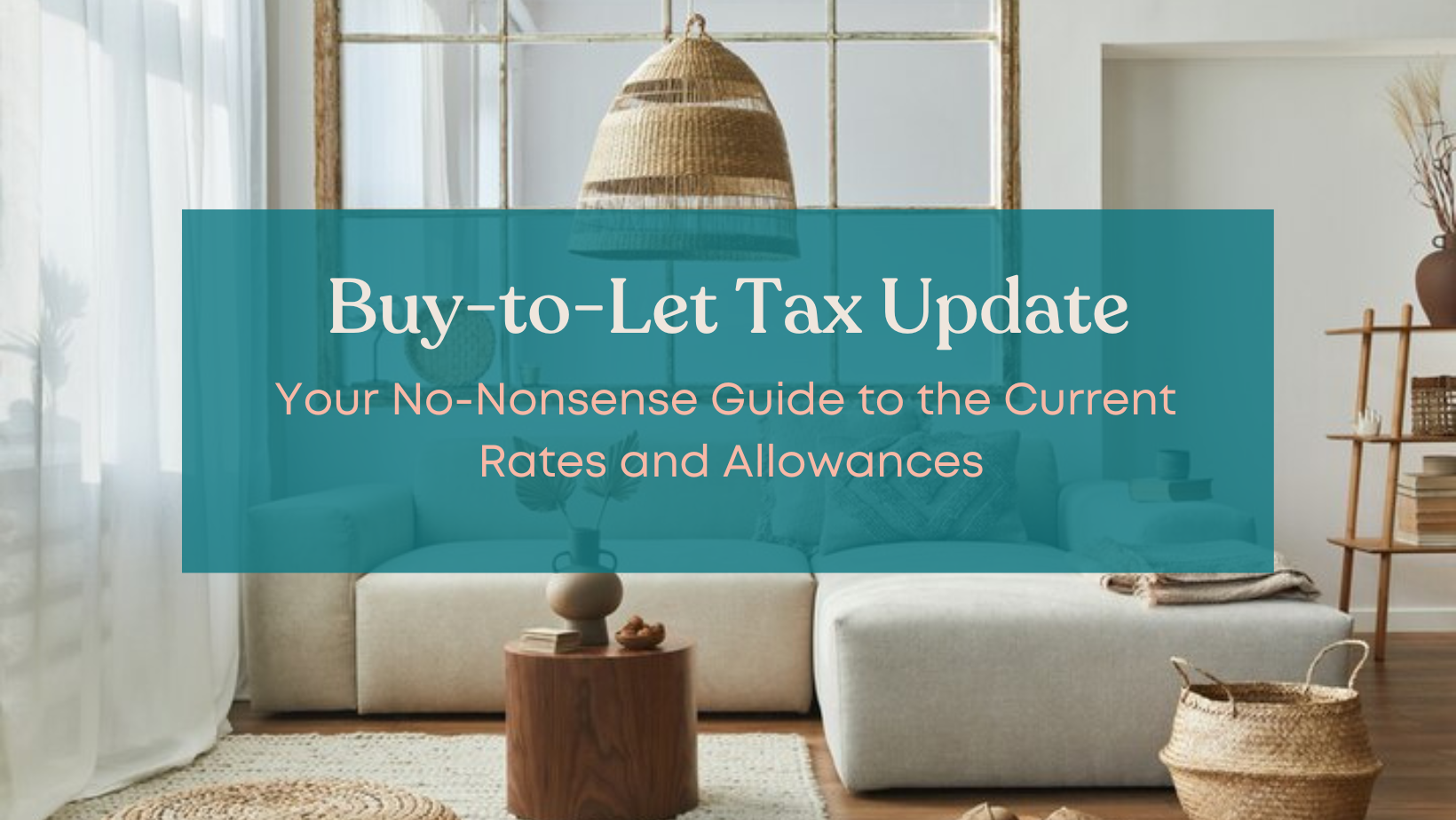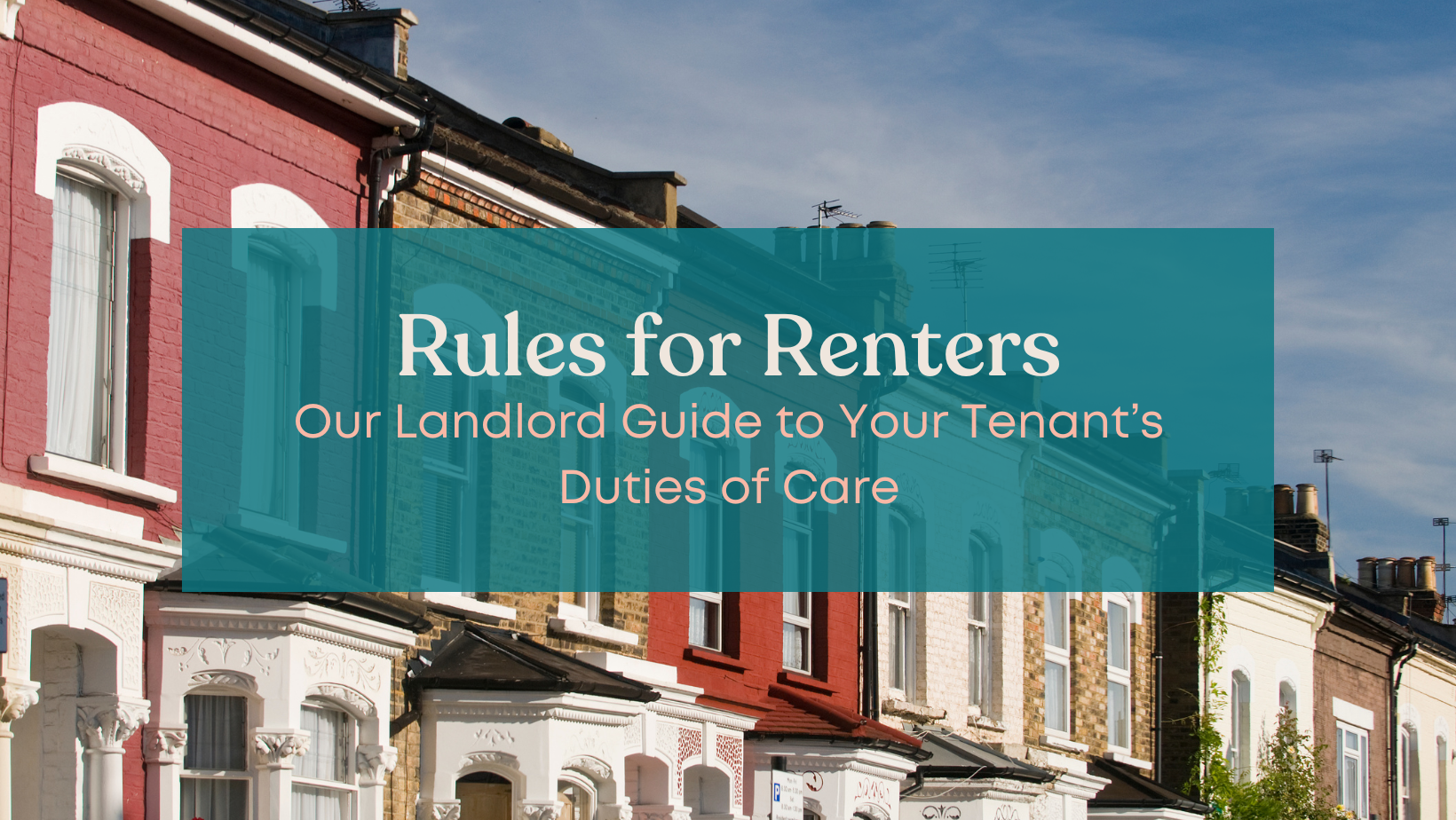There have been lots of changes to the way landlords are taxed over the last few years, creating plenty of confusion and leaving some questioning whether buy-to-let is a worthwhile investment.
The answer is very much a personal choice, but having complete clarity is a great place to start when deciding on your future.
Whether you already own a rental property or you're planning to buy or sell one, the changes in policy affect:
- Stamp duty land tax
- Mortgage interest relief
- Income tax
- Capital gains tax
- Corporation tax
So if you want to be completely sure of the latest rules and claim back every allowable expense, this week's blog is for you.
STAMP DUTY LAND TAX
If you already own a home in the UK, you'll pay a supplement along with Stamp Duty whenever you buy another one. The extra costs are different for England, Scotland and Wales, so make sure you budget correctly for wherever you're buying.
The additional rates are as follows:
- For Scotland, 6% for a purchase price over £40,000.
- In England and Northern Ireland, 3% on any purchase.
- In Wales, 4% on any purchase.
If you want to reduce your stamp duty bill while growing your portfolio, buying 2-5 residential properties in one transaction may qualify for Multiple Dwellings Relief. Alternatively, buying six or more homes (or any mixed-use property like a shop with flats above) can attract cheaper non-residential rates.
These will be different depending on where you're looking to expand, so call us on 01268 944104 and we'll work it all through with you.
MORTGAGE INTEREST RELIEF
For landlords with no mortgage (and there are lots of them), the recent changes to mortgage interest relief will make no difference to their monthly income.
However, if you do have a mortgage on your rental property, the policy changes that began in the 2020 budget have now reached their final phasing in.
- Private landlords could previously claim all of their mortgage interest as an expense, but that has now changed to a flat rate of 20% of the interest.
- This means no change for standard-rate taxpayers, but anyone in the higher and top-rate tax bands will pay more (and may get pushed into them by the new rules).
- If your property is owned as a limited company, you can still claim back all the mortgage interest as an allowable expense against tax.
The changes to mortgage interest relief make it more important than ever that your property’s income and occupancy rates are at peak performance, so why not give us a call on 01268 944104 to see how we can supercharge your buy-to-let?
INCOME TAX
Just like with a regular job, you pay tax on the rental income you receive, but there are some differences in how you pay it and how you can reduce your bill.
- As a landlord, you only pay tax on your net rental income, which means your total income minus any allowable expenses, and you'll find tips galore in our previous Landlord Tax Tips Blog
- If you also have an income from another source (work, savings, investments, etc), you include everything on your tax return, and anything already paid (e.g. PAYE) is automatically deducted.
- Unlike PAYE, tax from rental income isn’t due until nine months after the tax year ends each April, so you could set money aside to earn interest until the January 31st payment deadline.
The key is to minimise your bill by claiming back every last allowable expense, so make sure you keep all those receipts because they soon mount up!
CAPITAL GAINS TAX
Unlike selling your personal home, whenever you sell a rental property as a private landlord, you pay Capital Gains Tax (CGT) on the profit. There are recent and upcoming changes to how this gets calculated, and here's the current position:
- The annual personal CGT allowance from April 2023 is £6,000, down from the previous £12,300.
- In April 2024, the personal allowance is set to reduce again and halve to £3,000.
- You can offset numerous expenses against your CGT bill when you sell, including buying and selling costs like stamp duty, legal fees and estate agent's commission, as well as improvements that weren’t claimed as repairs.
Usefully, Capital Gains Tax rules are the same in England, Scotland and Wales, so if your portfolio covers more than one region, you can apply the same calculation.
CORPORATION TAX
Unlike private landlords who pay income tax and capital gains tax, limited companies pay corporation tax which covers both rental income and profits from selling assets.
The changes to Corporation Tax in April 2023 mean that companies now pay a gradually higher rate depending on how much they earn, using the following tiers:
- For profits up to and including £50,000, you pay the Corporation Tax Small Profits Rate of 19%.
- Profits on the next £50,001 to £250,000 initially attract Corporation Tax of 25%, but can be reduced with marginal relief.
- Profits exceeding £250,000 pay Corporation Tax of 25%.
There’s a lot involved with owning a company with Corporation Tax, VAT returns and annual accounts, so unless you really love paperwork and know tax law inside out, we recommend hiring an accountant to manage these for you.
What's your next step?
Staying on top of tax rules, lettings laws and the performance of your property is essential for every landlord, and we'd love to show you how we can help you optimise the profitability of your buy-to-lets.
Call us on 01268 944104 or email us at hello@vesta-essex.co.uk for a friendly chat about your goals and how we can help you reach or even exceed them.


 By
By 
 By
By 
 By
By 

Share this with
Email
Facebook
Messenger
Twitter
Pinterest
LinkedIn
Copy this link